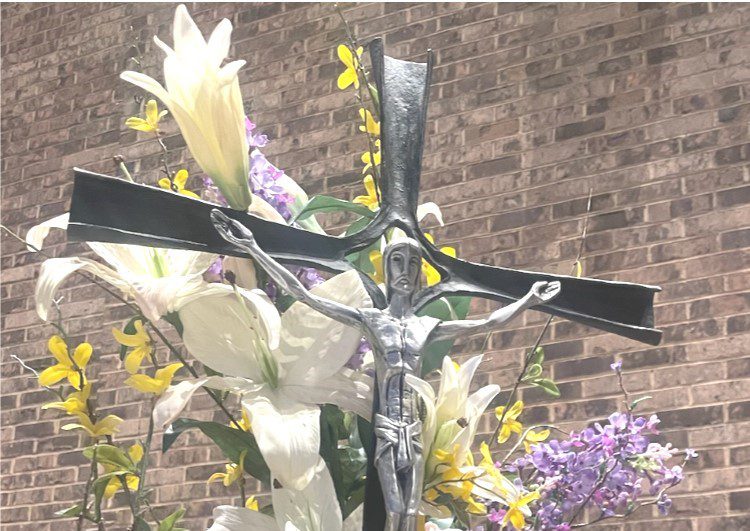
March 3, 2024
Dear Sisters and Brothers:
We learn in the Acts of the Apostles 4:32-35:
All the believers were one in heart and mind.
They shared everything they had and put it at the apostles’ feet,
and it was distributed to anyone who had need.
This description of the first followers of Jesus gives us a model of what the Christian Community does. We share and care for each other. The apostles learned this firsthand from Jesus. At the famous miracle of the multiplication of the loaves and the fish, Jesus asked them to share what they had. Jesus takes what they share and feeds thousands with it.
Generosity is a fruit of the Holy Spirit. It follows the example of Jesus Who gave the total gift of Himself for us. Sharing resources for the greater good and caring for each other are part of the Christian Life.
A particular way of accomplishing that in the Catholic Church is called the cathedraticum. Every diocese has a Cathedral. The cathedral is the bishop’s church. In the cathedral is the cathedra – the bishop’s chair. Cathedraticum has the same root. This is a yearly sum that each parish gives to the Bishop to use for the care and work of the larger church. It has been the practice and the law of the church for millennia.
The offering of cathedraticum is witnessed in the writings and practice of the first centuries of Christianity. It was an informal arrangement that, over the years, developed certain patterns. These became regulations about how funds were collected and the ministries and services they provided. The first formal cathedraticum was ordered by the Second Council of Braga in 572. Pope Honorius III (1216-1227) made it a universal law in the Western church. The Council of Trent (1545-1563) gave additional regulations for it. Its requirement is listed in the Code of Canon Law (the law of the Church) from 1917 and repeated in 1983.
While the methods and amounts have changed over the millennia, the reason hasn’t. It is universal. The local church supports the work and ministries of the bishop as a way to share in the care of the larger Church by pooling resources together to make a difference. The specific works of mercy, evangelization, and administration have changed over time as the Church responds to the needs of the People of God.
In the Diocese of Harrisburg, this takes the from of the Diocesan Annual Campaign (formerly known as the Lenten Appeal). This is not merely a diocesan collection, but a way for parishes to meet this financial duty without pulling from their regular weekly offerings. It’s the instrument for Good Shepherd to share in the care of the People of God beyond our parish. Please see page 8 of today’s bulletin for more information about how you can help Good Shepherd fulfill this important responsibility.
Grace and peace,
Father Neil Sullivan
